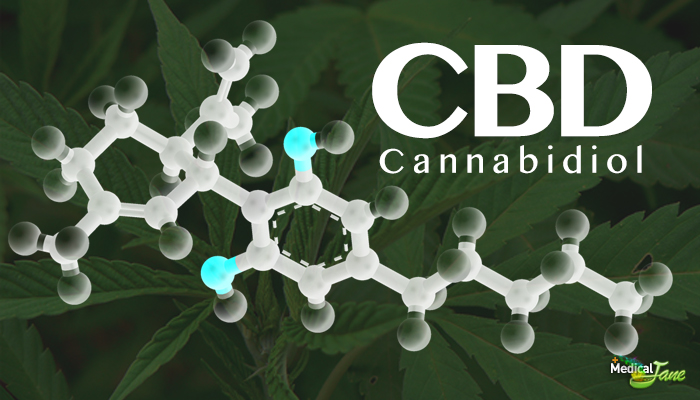“Certain marijuana components may suppress the tumors of highly invasive cancers, a new study finds.
In laboratory tests, cannabinoids, the active components in marijuana, were found to slow the spread of lung and cervical cancer tumors, according to researchers Robert Ramer and Burkhard Hinz of the University of Rostock in Germany.
Proponents of medical marijuana believe that cannabinoids reduce the side effects of cancer treatment, such as pain, weight loss and vomiting.
The study, published in the Jan. 2 issue of the Journal of the National Cancer Institute, finds that the compounds may also have an anticancer effect;
In addition to suppressing tumor cell invasion, cannabinoids also stimulated the expression of TIMP-1, an inhibitor of a group of enzymes involved in tumor cell invasion.
“To our knowledge, this is the first report of TIMP-1-dependent anti-invasive effects of cannabinoids,” the authors wrote. “This signaling pathway may play an important role in the antimetastatic action of cannabinoids, whose potential therapeutic benefit in the treatment of highly invasive cancers should be addressed in clinical trials.””
https://www.foxnews.com/story/study-marijuana-appears-to-slow-cancer-growth-in-laboratory-setting
“Inhibition of Cancer Cell Invasion by Cannabinoids via Increased Expression of Tissue Inhibitor of Matrix Metalloproteinases-1. Cannabinoids may therefore offer a therapeutic option in the treatment of highly invasive cancers.” https://academic.oup.com/jnci/article/100/1/59/2567700




